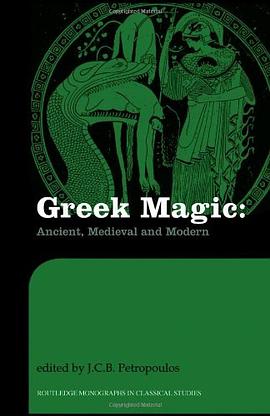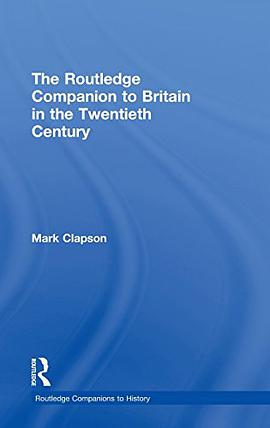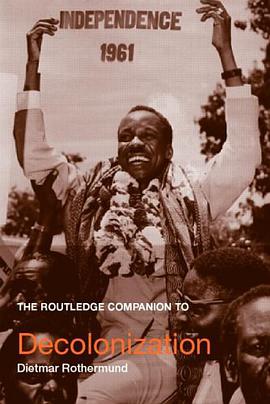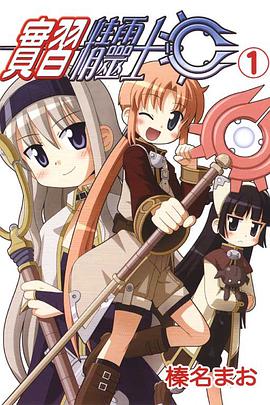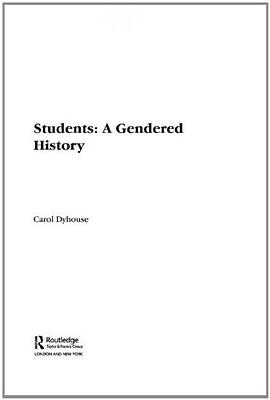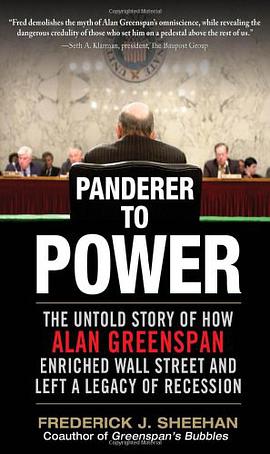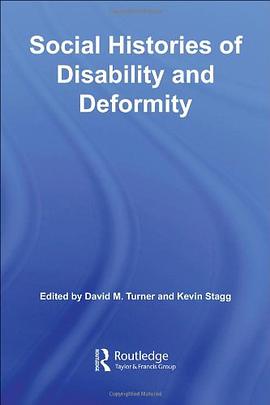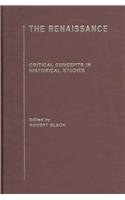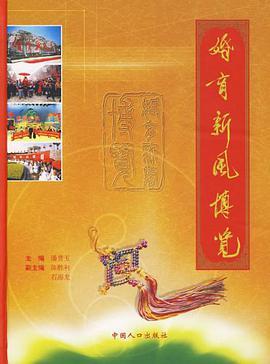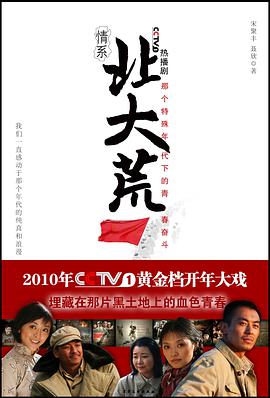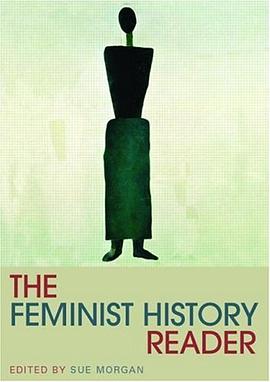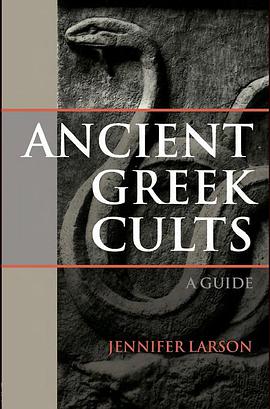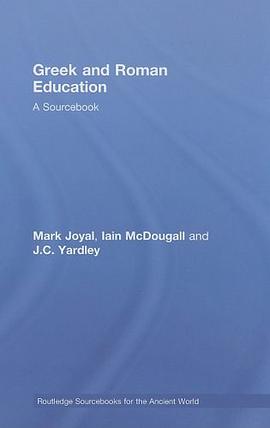

One nineteenth-century commentator noted the 'public' character of Quaker women as signalling a new era in female history. This study examines such claims through the story of middle-class women Friends from among the kinship circle created by the marriage in 1839 of Elizabeth Priestman and the future radical Quaker statesman, John Bright. The lives discussed here cover a period from the late eighteenth to the early twentieth centuries, and include several women Friends active in radical politics and the women's movement, in the service of which they were able to mobilise extensive national and international networks. They also created and preserved a substantial archive of private papers, comprising letters and diaries full of humour and darkness, the spiritual and the mundane, family confidences and public debate, the daily round and affairs of state. The discovery of such a collection makes it possible to examine the relationship between the personal and public lives of these women Friends, explored through a number of topics including the nature of Quaker domestic and church cultures; the significance of kinship and church membership for the building of extensive Quaker networks; the relationship between Quaker religious values and women's participation in civil society and radical politics and the women's rights movement. There are also fresh perspectives on the political career of John Bright, provided by his fond but frank women kin. This new study is a must read for all those interested in the history of women, religion and politics.
具體描述
讀後感
評分
評分
評分
評分
用戶評價
相關圖書
本站所有內容均為互聯網搜索引擎提供的公開搜索信息,本站不存儲任何數據與內容,任何內容與數據均與本站無關,如有需要請聯繫相關搜索引擎包括但不限於百度,google,bing,sogou 等
© 2025 book.quotespace.org All Rights Reserved. 小美書屋 版权所有

